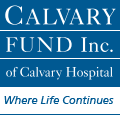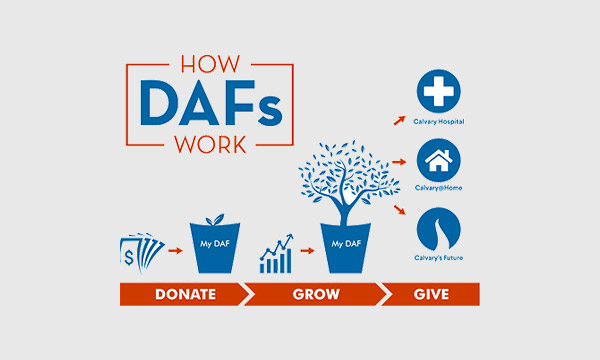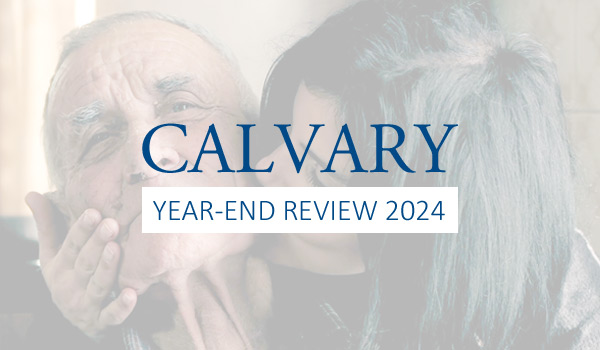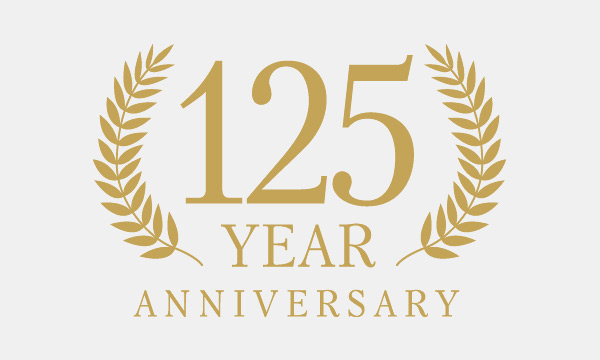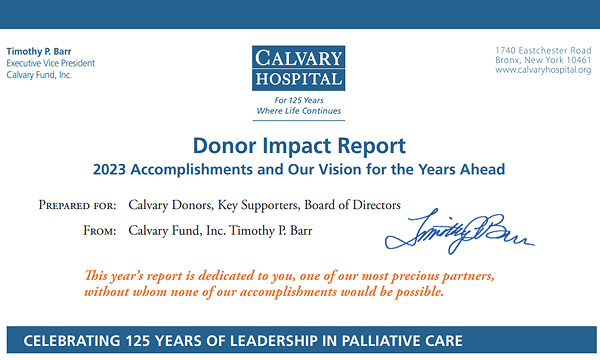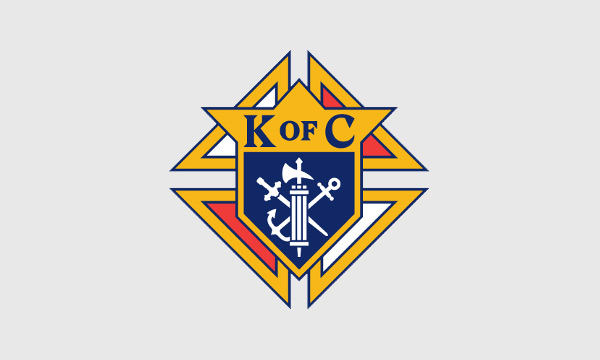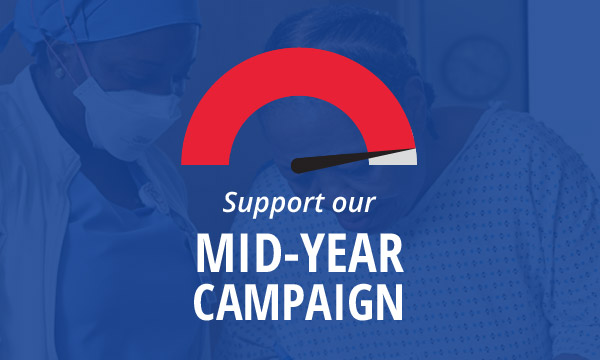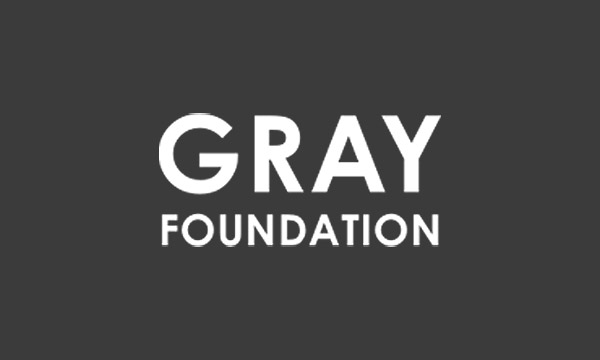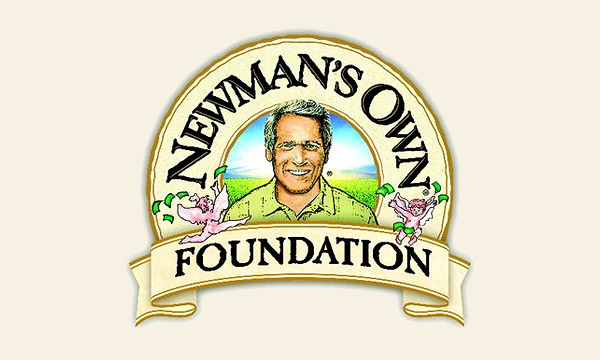Donor-advised funds (DAFs) could be called charitable investment accounts.
The account is used only for supporting philanthropic organizations the donor chooses. Philanthropists can contribute cash, securities, or other assets to a public charity (i.e., Fidelity Charitable, Schwab Charitable, or Vanguard Charitable). Once donated, that investment gives the donor an immediate tax deduction. The employment of donated funds offers tax-free growth. Placement of the resulting funds occurs, and the donor can decide on grants for any IRS-qualified public charity.
The process includes the following steps:
- The individual donates cash, stocks, non-publicly-traded assets (private business interests, real estate, private company stock, etc.).
- The donor then qualifies for immediate tax deductions.
- The person considers which charity he or she would prefer to support.
- The donation has the potential of growing based on how wisely the donor picks his or her investment preferences.
- Expectedly, the money grows, and the donor’s favorite charities receive more funding.
- Any IRS-qualified public charities are eligible for support through donor-advised funds.
- Some DAFs are set up as charitable gift trusts managed by financial institutions.
Who Uses a Donor-Advised Fund?
- People who are generous and want to support charities can give to a private foundation. But doing so means they will also take on the responsibility of setting up and running the foundation. These activities can be time-consuming and expensive. An individual initiates a DAF, but it is administered by a 501(c)(3), called a “sponsoring organization.”
- Individuals who want to live a happier life.
- People who want to teach their children generosity.
- Those who understand the “ripple effect.”
- Persons who wish to their ability to give made simpler.
- Those who are looking for a more accessible way to give.
What Does a DAF Do?
- DAFs have almost doubled in the years between 2012 and 2016. They grew from $45 billion to $85 billion. Giving USA says donor-advised funds account for 8.3 percent of all individual giving.
- This charitable tool allows for the best possible income tax deduction opportunities.
- Those who use DAFs do not have to file separate tax returns like those who give to private foundations do.
- A donor can retain his or her anonymity when using a DAF.
- The managing charity has the authority to deny or approve any donor recommendations.
- In short, DAFs make giving benefits to the donor and allow donors a more straightforward process.
FAQs
The following questions often arise when an individual is deciding on whether a DAF is the best vehicle for her or him:
1. How will assets be invested in my DAF?
Those who have the DAF are allowed to work with their financial professionals to create customized investment plans.
2. Can my children be involved in my DAF?
When children reach the age of 18, they can legally assume advisor or successor roles.
3. Will I receive tax deductions when I add contributions to my DAF?
Yes.
4. What happens to a DAF when the donor dies?
Sponsors can decide whether DAFs can be handed down to heirs. In some cases, DAFs can split into smaller funds with designated heirs serving as advisers. Some sponsors allow single funds to be handed down to several heirs.
5. Do private foundations give to donor-advised funds?
Yes. There are particulars, however.
Tax Benefits of DAFs
As we have already suggested, tax benefits that come with donor-advised funds are one of the best reasons to consider this path to charitable giving. Here are some of those benefits:
1. Income Tax
Donors receive a tax deduction for the year they contribute. However, these IRS limitations exist:
- Deduction for securities and other appreciated assets can be as much as 30 percent of adjusted gross income (AGI).
- Deductions for cash can be up to 60 percent of AGI.
- A five-year carry-forward exists for unused deductions.
2. Estate Tax
DAFs are not subject to estate taxes.
3. Capital Gains Tax
Appreciated assets gifts have no capital gains tax (i.e., real estate, securities, other liquid assets).
4. Tax-Free Growth
Investments to a DAF appreciate tax-free.
5. Alternative Minimum Tax (AMT)
A DAF contribution will reduce your alternative minimum tax (AMT) if you are subject to AMT.
6. Donor Deductions
Donors may deduct the full market value of assets, such as:
- Real estate
- Closely-held stock (C-corp or S-corp)
Calvary Hospital
It is our pleasure to let our supporters know about giving as it pertains to Calvary Hospital. Please contact us if you have any questions or suggestions.
Resources
- https://www.fidelitycharitable.org/giving-account/what-you-can-donate.html
- https://www.fidelitycharitable.org/giving-account/investment-options.html
- https://www.ellevest.com/magazine/investing/donor-advised-funds
- https://time.com/4857777/generosity-happiness-brain/
- https://www.huffpost.com/entry/the-ripple-effect_b_2144847
- https://www.forbes.com/sites/catherineschnaubelt/2018/09/27/the-advantages-of-donor-advised-funds-as-a-charitable-giving-strategy/#26573b3635ff
- https://www.philanthropy.com/article/Working-With-Donor-Advised/243282
